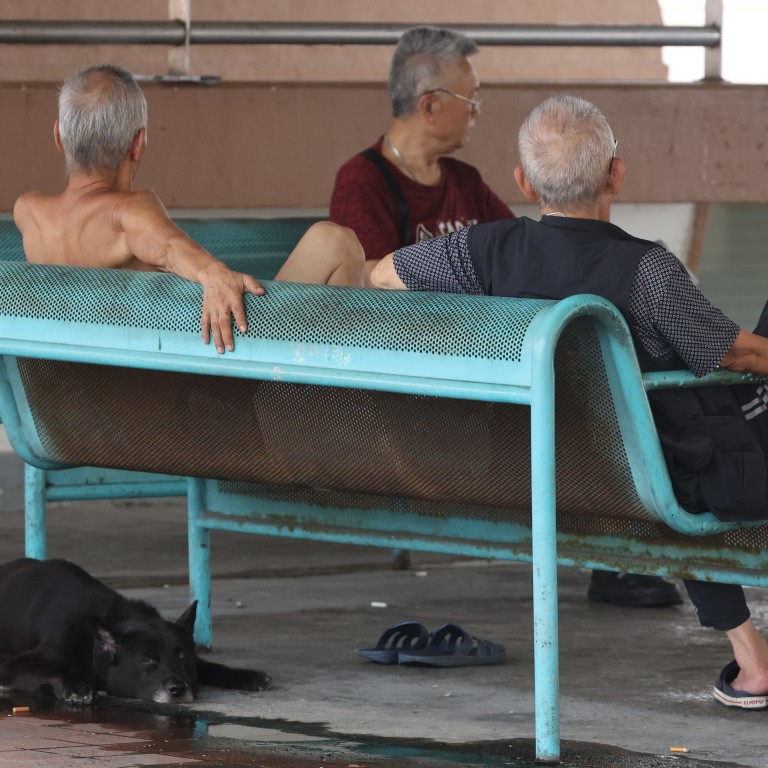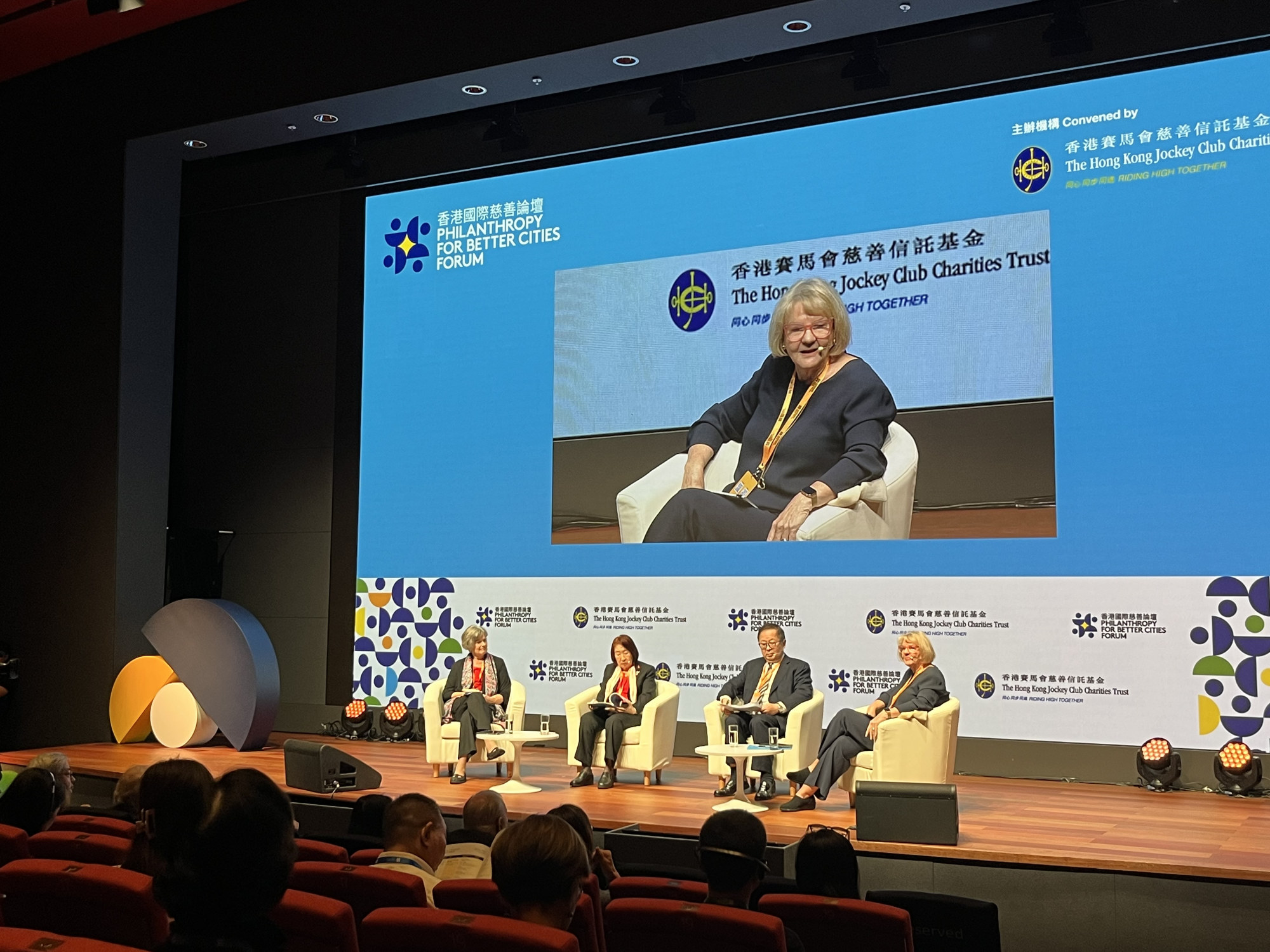
Better career path for Hong Kong carers of elderly will make job more attractive and boost quality of service, experts say
- Head of Elderly Commission of Hong Kong says career ladder and promotion prospects vital to ensure sufficient number of carers and boost quality of service
- University of Sydney professor tells city conference that technology should be used to make it easier to care for elderly
Improved support for carers for the elderly, including a career path for those in the profession, should be set up as part of a bid to tackle the widening supply and demand gap in the sector, the Elderly Commission of Hong Kong has said.
Dr Donald Li Kwok-Tung, the chairman of the commission, on Tuesday said a proper career ladder was vital.
“We need to have career paths for those [carers], for example healthcare workers, even nurses. Is there any chance of promotion, for example, so they can graduate into care managers instead of doing the daily work,” he said.

The event was designed to provide a forum for philanthropic, academic, business, social welfare and government leaders to explore the direction of the charitable sector in Asia and other regions in the 21st century.
In addition to the launch of a scheme to bring in extra care workers from outside the city earlier this year, welfare authorities promised to carry out a staffing review in the second half of the year to determine what type of skills and qualifications care home workers needed and to create career advancement pathway for the sector.
Li said in an earlier interview with the Post that professional training for care sector staff, healthcare planning and the use of gerontechnology would give people more incentive to join the workforce.
He added that better conditions for staff would mean the quality of care would also improve.
Li said the city wanted to support non-professional community carers, including the provision of elderly care training, counselling services and financial support, among other incentives.
Shortage of slots at elderly care centres in 6 Hong Kong districts: ombudsman
Jill White, professor emerita in nursing and midwifery at the University of Sydney, Australia, said it was important to deploy technology to support care of the elderly and highlighted the smartwatch she was wearing, which measured gait, balance, sleep and breathing.
“As my capacities diminish, having someone once a week, and then progressively more frequently if needed, look at the statistics that come out of my watch, there is the possibility of early intervention that can keep my capacity, keep me well, and stop me ending up in an irreversible frailty,” she said.
White added the use of smart homes, which included automatic light control systems that could prevent the elderly from walking around in the dark and reduce the chance of a fall, was also important.
Dr Etsuko Kita, chairwoman of the Sasakawa Health Foundation in Japan, said community nurses could play an important role in supporting ageing residents, but society needed “a change of mentality” in the over-reliance on doctors.
She added a large proportion of the elderly in Japan were living alone and not looked after by carers but community nurses could visit them.
Hong Kong’s ‘hidden elderly’: could string of tragedies have been prevented?
The foundation provides an eight-month training programme for experienced nurses, designed to equip them with management skills and the knowledge to set up their own home-care nursing services in communities.
Social activities were also held in the centres set up after they achieved financial stability.
More than 150 centres have been established since the launch of the programme in 2014.
Li said he hoped philanthropists could help more organisations to fill gaps in care of the elderly through support of pilot projects, research and studies, as well as help provide extra services, such as recreational activities.
White added that philanthropic organisations could bring community members together to look at topics such as voluntary assisted dying, a topic she said was important, but one that many authorities were reluctant to discuss.

